The Right to Foresight? What we can learn from how Syrian girls imagine their future
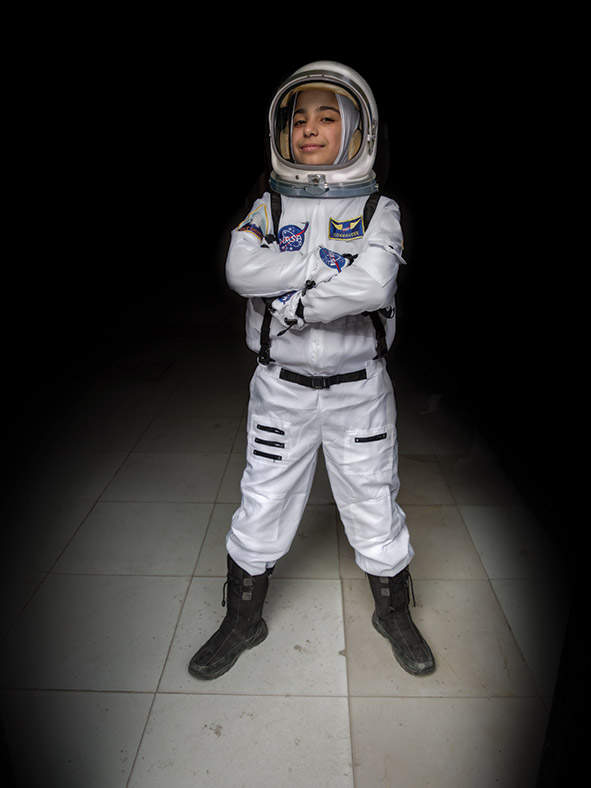
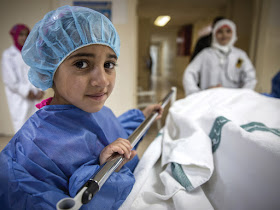
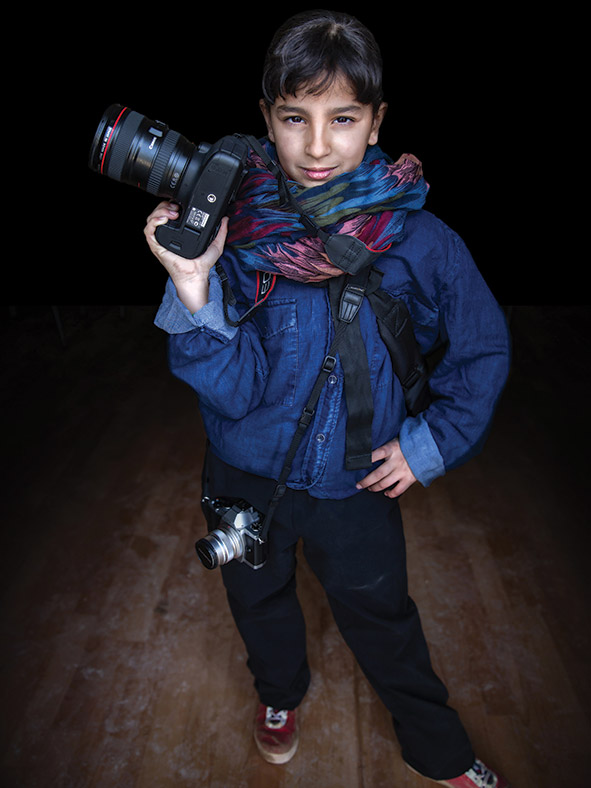
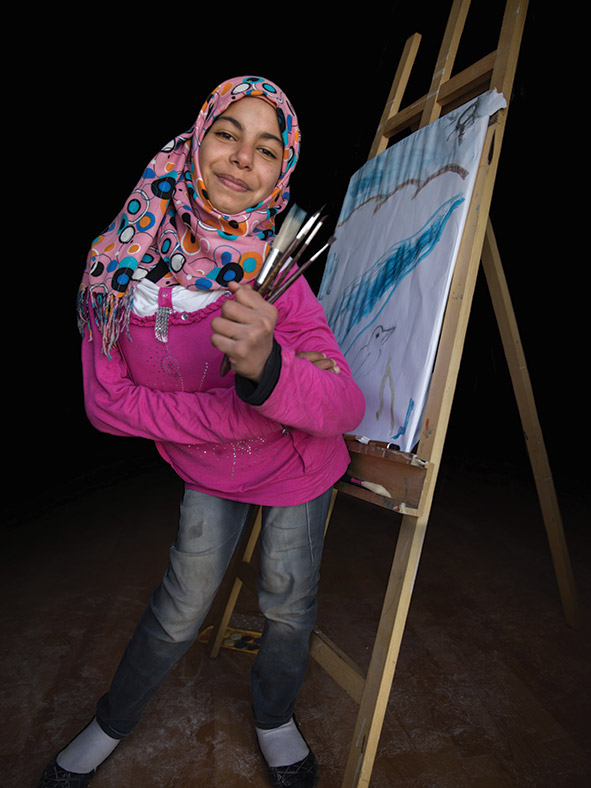
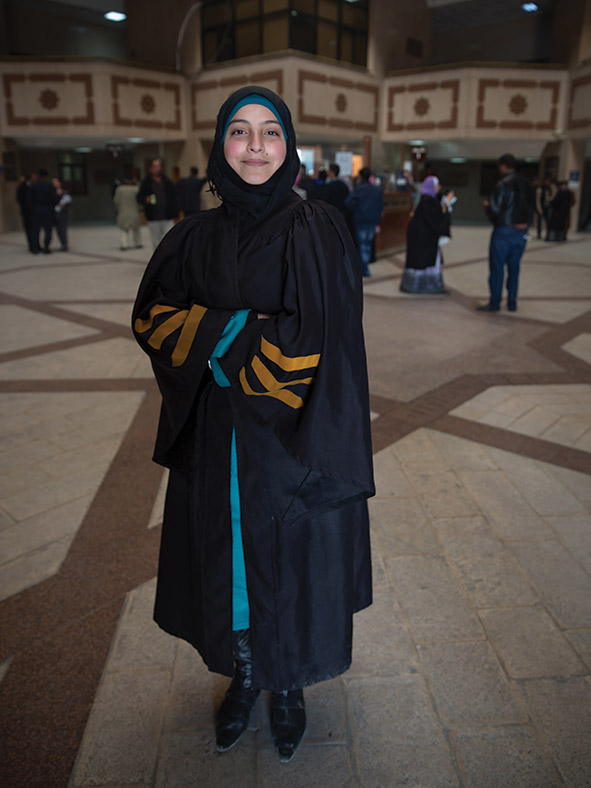
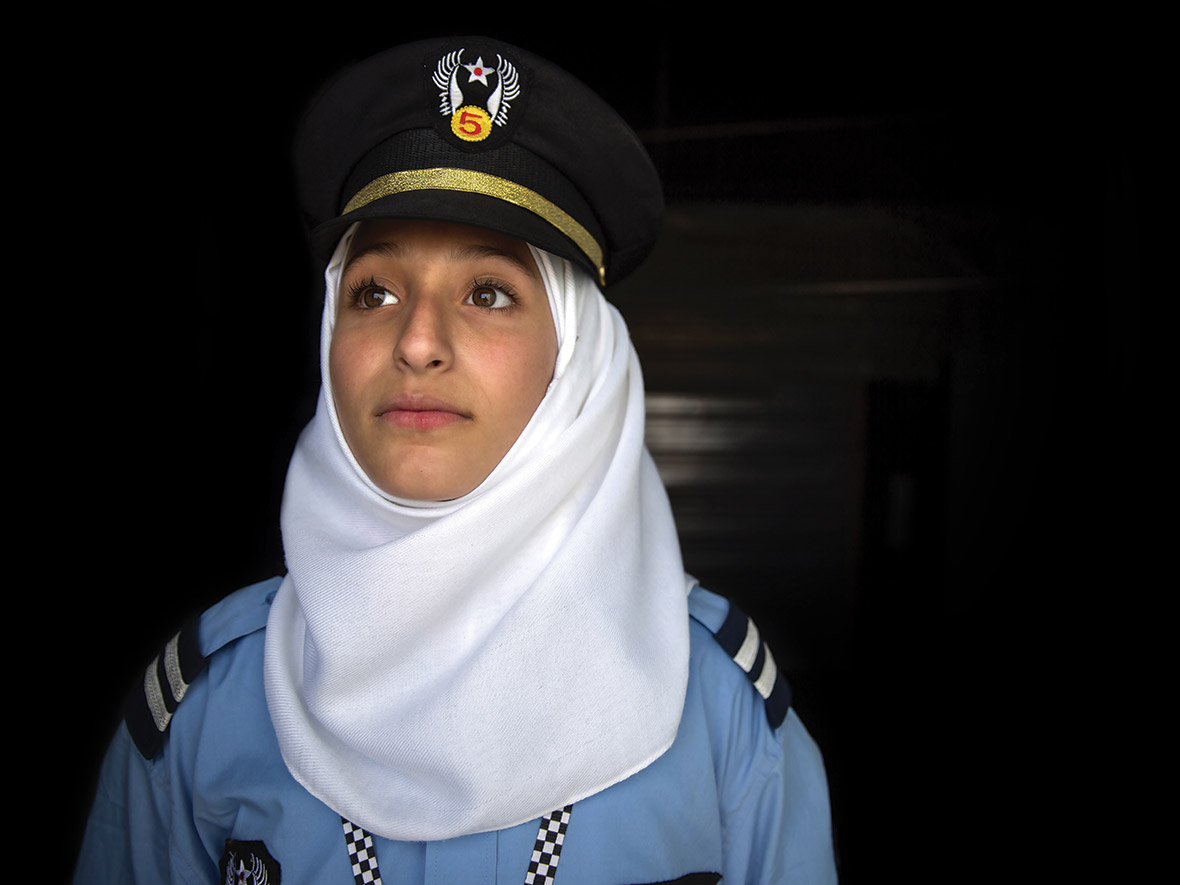
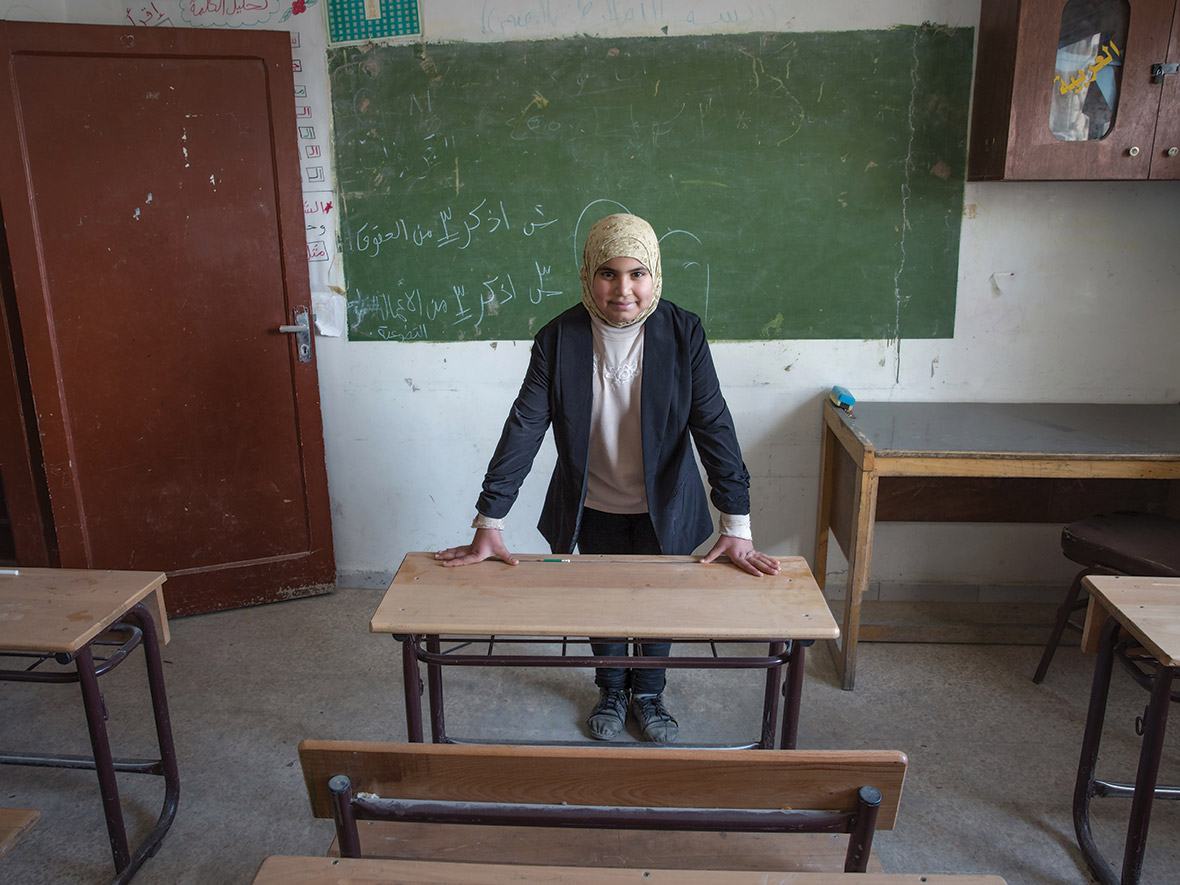
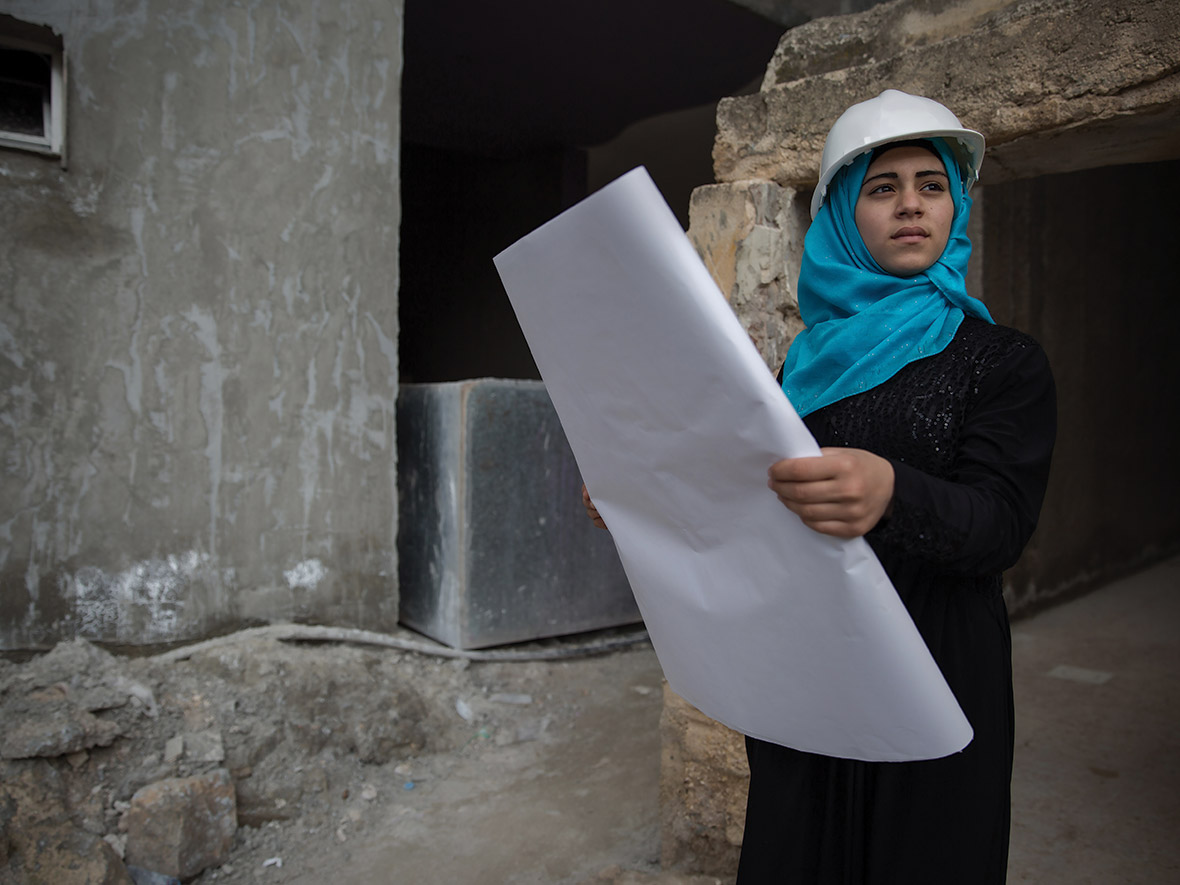
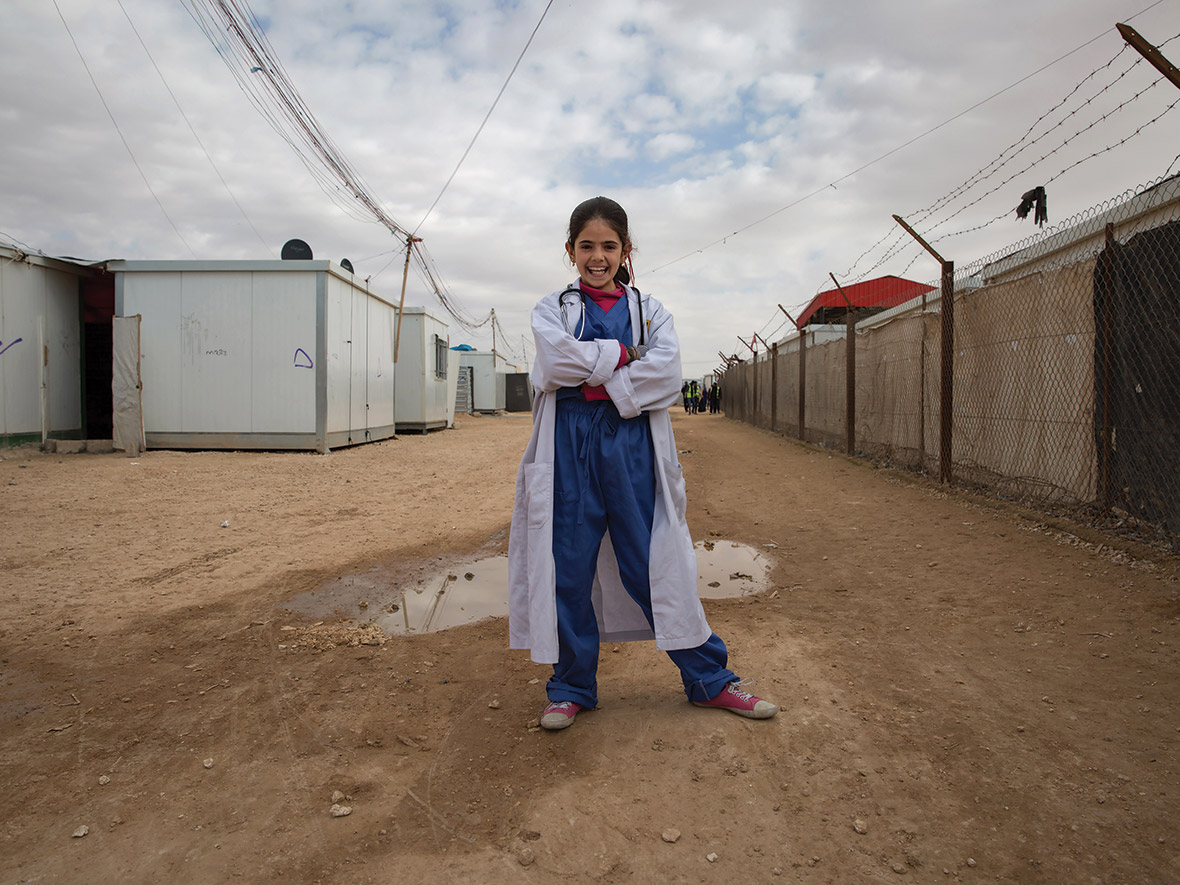
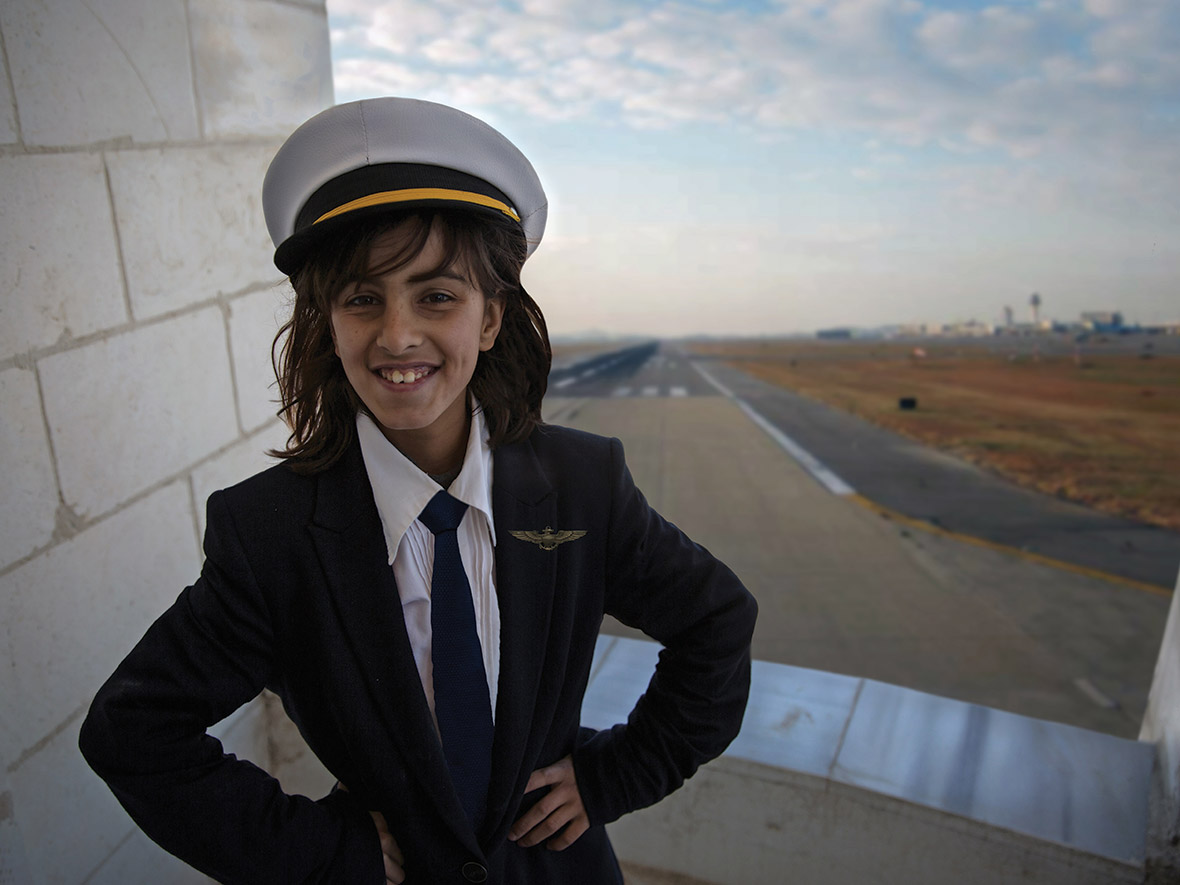
Shouldn't everyone have the right to dream of a better future? The above picture project is from International Rescue Committee in 2016, called Visions Not Victims (report). It's beautiful and inspiring in itself.
But we're reposting here because it has occasioned some recent reflections from futurist Stuart Candy, on how it illustrates the power of giving yourself the "right to foresight". And like Stuart, at A/UK we're very interested in sparking an appetite for the future at the heart of a reimagined politics.
Commenting on the girls' testimony (available in rollover captions in the gallery above), Candy says:
Notice how the girls speak from inside the future scenario, visualising and roleplaying their accomplishment; not "I want to..." but "I have..." The import of this shift in imagination can be profound. Here's an example related by the photographer, reported by CNN:
Hutchison remembers one girl who was engaged to be married though she was younger than 13. (The photographer asked that the girl's name not be used to protect her identity.)
"I distinctly remember the moment when we showed her parents her vision images. Her mom was just ecstatic and her father ... was absolutely silent -- and smiling -- but silent, thumbing through the images.
"I think he was just in awe that this could be his daughter."
By the end of the program, the parents had called off their daughter's engagement and had committed to helping her finish her education.
That's the power of the photographs -- something unquantifiable happens to the girls, Hutchison says.
Candy continues:
I recently read Rebecca Solnit's book Hope in the Dark. which focuses especially on citizens and activists pursuing what may appear to be lost causes. It's an extraordinary work –– I wholeheartedly recommend Solnit's writing in general –– and her analysis of how hope functions manages to be simultaneously tough-minded, filled with compassion, and uplifting.
To hope is to give yourself to the future, and that commitment to the future makes the present inhabitable. [...] Despair demands less of us, it's more predictable, and in a sad way safer. Authentic hope requires clarity––seeing the troubles in the world––and imagination, seeing what might lie beyond these situations that are perhaps not inevitable and immutable.In a similar spirit, it's elevating to find a project carried out in such desperate circumstances, contributing to the possibility of those circumstances being transformed.
And it brings us back to an issue we've noted before: foresight is a right. Everyone should be able to think about the future, but not everyone gets that chance.
We can readily grasp the transformative potential of a well-wrought experiential scenario –– that is, making a possible future vividly available to think and feel today –– whether at the scale of a country (as in Tunisia, during the Arab Spring, with the aspirational 16juin2014 campaign); a group (as in Hawaii 2050); or an individual (as in Derren Brown's apocalyptic wakeup call to one troubled English kid, which painstakingly simulated the end of the world exclusively for him). But examples as fully realised as these can be resource intensive.
Vision not Victim is based on a conceptually simple, apparently inexpensive, yet deeply personal intervention. It invites a young person to vividly articulate –– enact, actually –– a preferred future, and so enable a powerful reperceiving of potential awaiting activation in the present.
Candy then notes some Canadian research that investigates how kids with greater socio-economic advantages feel they can imagine their own, and others' futures more. What are the combined lessons of this and the Syrian project? Stuart concludes:
The universally accepted right to education also entails the right to foresight. The chance to envision personally meaningful and motivational long-range outcomes is, at the individual level, a foundation on which the whole enterprise of education ultimately depends.
Since foresight is ultimately about making change in the present, enabling it is not just an "important" priority (aka worthy but perpetually deferrable), but one that needs to be recognised as urgent, too.
The Syria project underlines that replacing "victim" with "vision" is really a widespread need, not confined to geopolitical hotspots.
A corollary of this understanding that yes, there is dark to be found everywhere, is the space for hope; the opportunity, in Solnit's words, to make a "commitment to the future [that] makes the present inhabitable".
Herein lies an opportunity for meaningful engagement and contributions from diverse concerned citizens –– educators, futurists, designers, artists, and the rest of us, too –– far and near.
Full blog from Stuart Candy here. And below, a video with some extra material from the Vision Not Victim project:
